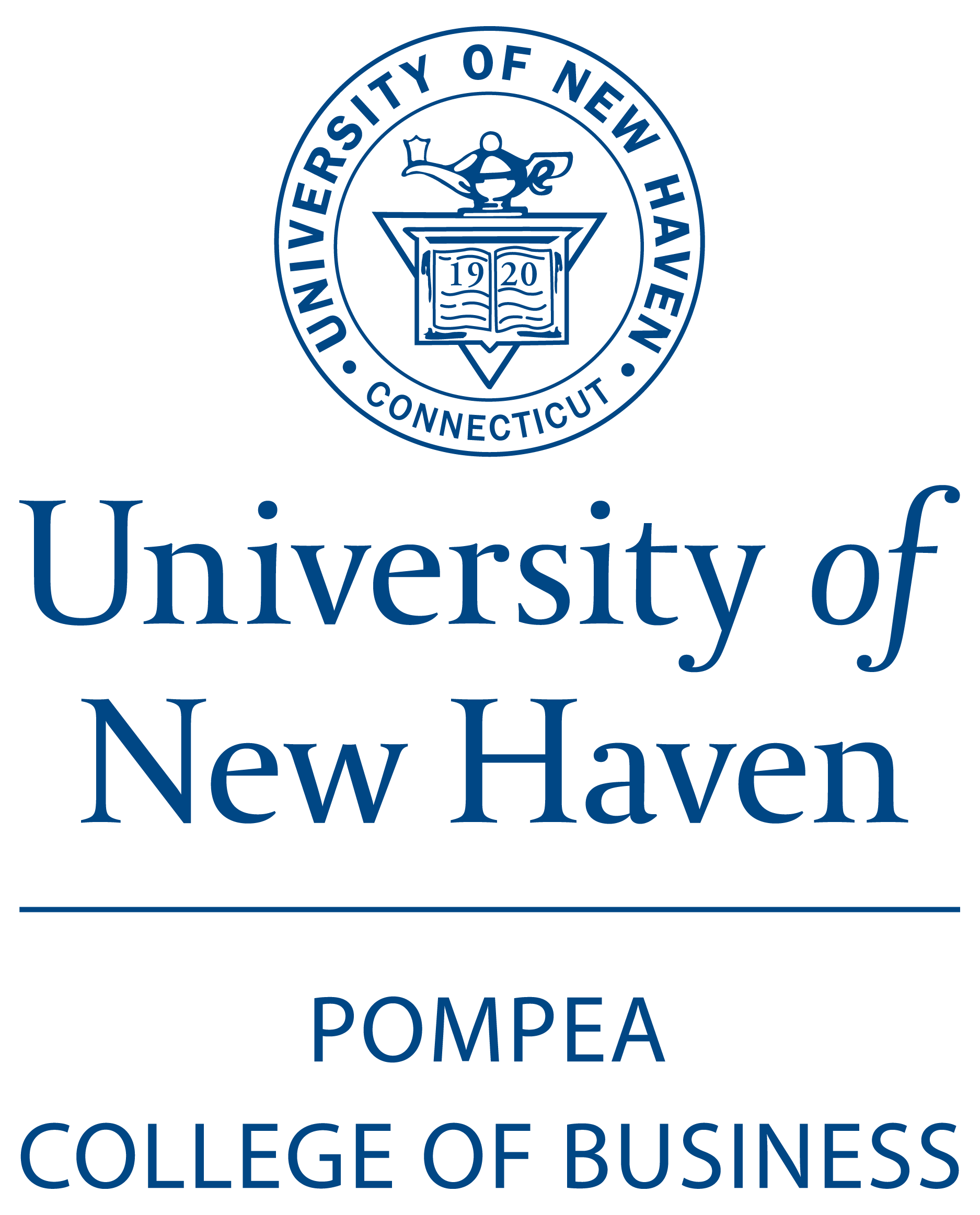Abstract
Knowledge based work requires that employees know how to deal with ambiguity and to get ahead of it by being innovative, proactive and risk-taking. These three traits together constitute what is known as employee entrepreneurial behavior (EEB) which is a crucial competence in organizations that operate in dynamic environments. There is however a complex combination of cognitions and metacognitions that effective knowledge workers undertake to make sense of their environment; and these cognitive pathways are not yet fully understood. This is the gap that the current study aims to fill. Data were collected from 285 white collar workers and their supervisors across two sectors, manufacturing and services, in India. This data was modeled with structural equation modeling and hierarchical regression techniques. Leader member exchange and diversity belief are a leader related cognition and social structure-oriented metacognition respectively, that directly predict EEB. A robustness analysis is also conducted to lend credence to these findings. There are practical implications of this research for the cognitive re-design of jobs and for effective supervision strategies for knowledge workers. Future research directions and limitations are elucidated.
Creative Commons License

This work is licensed under a Creative Commons Attribution-NonCommercial 4.0 International License
Recommended Citation
Das, Roshni
(2023)
"Relational Job Design Based Cognitive Pathways to Employee Entrepreneurial Behaviour,"
American Business Review: Vol. 26:
No.
1, Article 4.
DOI: 10.37625/abr.26.1.65-82
Available at:
https://digitalcommons.newhaven.edu/americanbusinessreview/vol26/iss1/4
DOI
10.37625/abr.26.1.65-82



